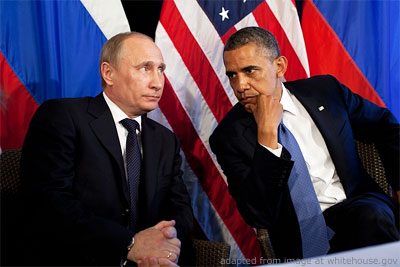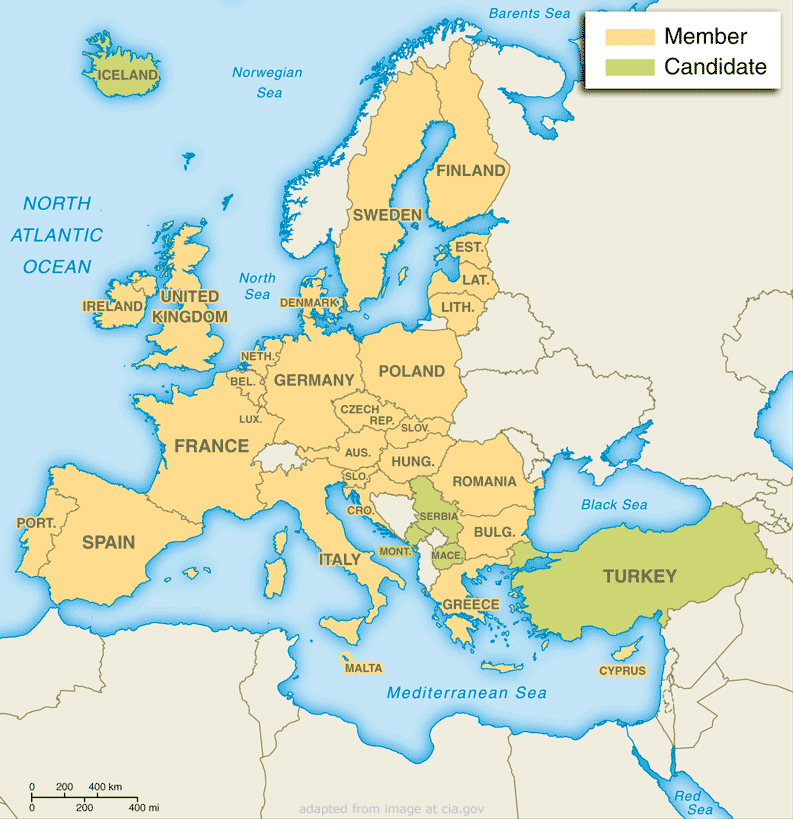Russia Preparing Response to U.S. and EU Sanctions

(Moscow Times – themoscowtimes.com – Natalya Krainova – March 6, 2014) The Federation Council is drawing up a bill that would allow the government to confiscate the property of U.S. and European companies in the event of Western sanctions, though political analysts dismiss both actions as intimidating rhetoric unlikely turn into action.
Further decreasing the possibility of asset confiscation is its violation of Russian and international laws, a legal expert said.
The possible bill, a reaction to threats of economic sanctions following Russia’s military presence in Ukraine, is designed to help “the president and government protect our sovereignty from attack,” the head of the Federation Council’s Committee on Constitutional Legislation, Andrei Klishas, told RIA Novosti on Wednesday.
Klishas said that lawyers are currently looking at the constitutionality of confiscating property and accounts from foreigners, including private companies and individuals.
He also said that the confiscation would clearly meet European standards, pointing to the fact that assets were confiscated during the Cypriot banking crisis.
Repeated calls to the office of Klishas at the Federation Council went unanswered Wednesday.
While Klishas did not see legal problems with confiscating companies’ assets, an expert in foreign law with Khrenov and Partners law office, Vasily Vasilyev, said by phone that both foreign and Russian law allow the confiscation of private property only by a court ruling in cases where its owner is suspected of a crime. Confiscation is also allowed “for state needs” if owners are given compensation for the property’s market value.
European Union leaders are holding a meeting Thursday to discuss Ukraine and sanctions against Russia that would include restrictions on visas and individual assets, French Foreign Minister Laurent Fabius said Wednesday, Reuters reported.
The U.S. has already suspended military ties and trade talks with Russia, and is reportedly planning sanctions against high-level Russian officials involved in the country’s military presence in Crimea.
Alexander Rodzianko, president and CEO of the American Chamber of Commerce in Russia, predicted that the bill reacting to the sanctions, if enforced, would be “harmful on both sides.”
“It increases the risk of doing business in Russia and certainly increases the anxiety level,” Rodzianko said in a phone call with The Moscow Times. “It is unfortunate that a political crisis has to be solved in this way,” he added.
Spokespeople for the U.S. Embassy, as well as for Moscow offices of U.S.-owned companies Apple, Ford Sollers and John Deere, refused to comment.
Fyodor Lukyanov, editor of the magazine Russia in Global Affairs and Boris Kagarlitsky, director of the Institute for Global Research and Social Movements, say it is unlikely Russia and the U.S. would fulfill their threats.
Lukyanov called the bill “a purely psychological measure aimed at showing [Russia’s] determination” in defending its interests in Crimea. As for U.S. sanctions, “it would hardly come to that,” he said by phone.
Kagarlitsky said Russia has “rather effective leverages of economic pressure” on the U.S. “in case it wants to introduce sanctions” but the question about a possible impact of bilateral sanctions so far is “rather speculative.”
“The question is: how far the parties will go in practice? I do not think they will go far,” Kagarlitsky said by phone.

